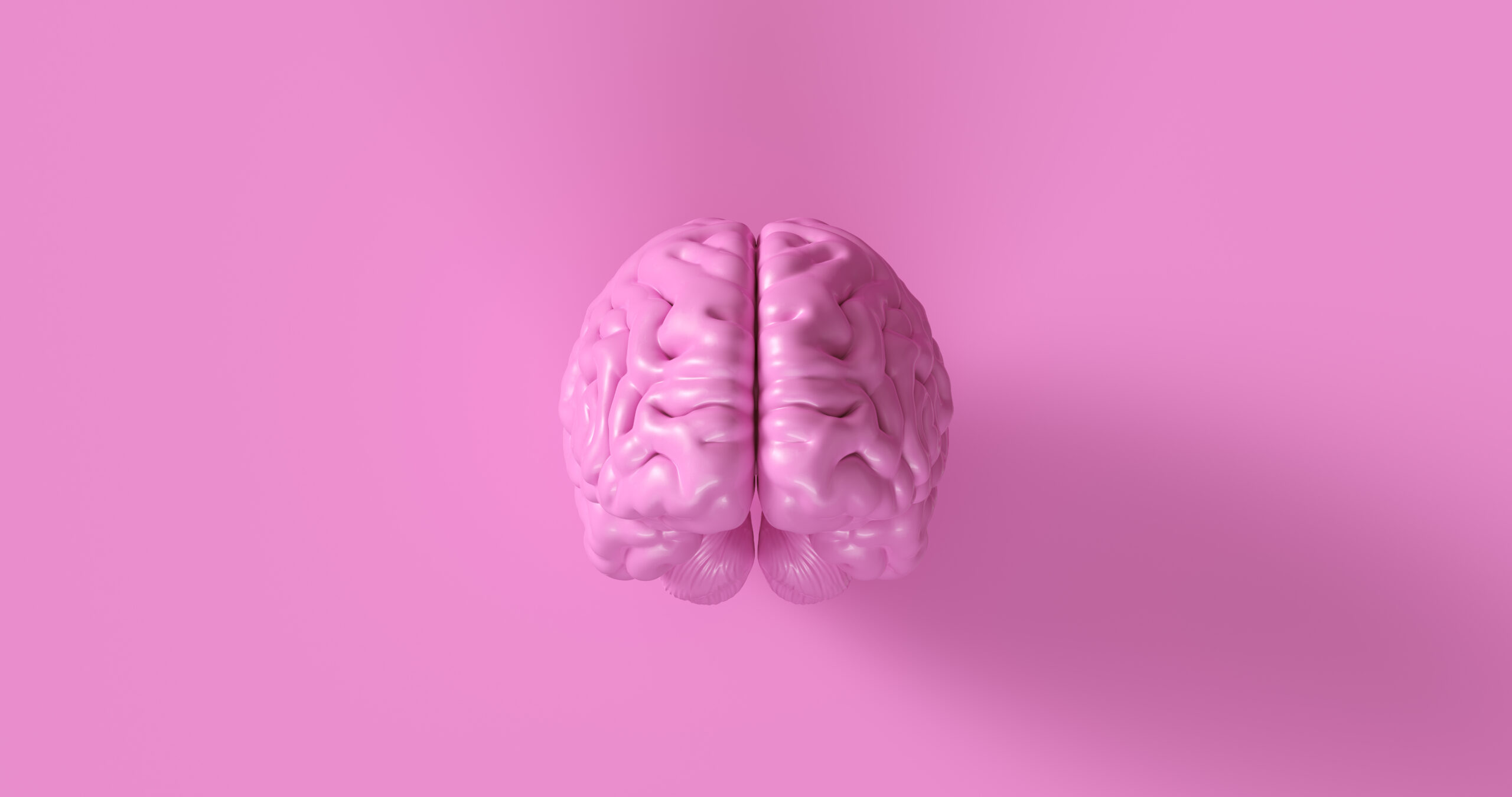can dementia be reversed or cured
### Can Dementia Be Reversed or Cured?
Dementia is a condition that affects millions of people worldwide, causing memory loss, confusion, and difficulty with daily tasks. While there is no known cure for dementia, researchers are working hard to find new treatments that can help manage the symptoms and potentially slow down the progression of the disease.
#### Current Treatments
Currently, there are no medications that can cure dementia. However, doctors can prescribe medications to help manage some of the symptoms. For example, cholinesterase inhibitors are used to treat Alzheimer’s disease, the most common form of dementia. These medications work by slowing the breakdown of a chemical messenger called acetylcholine, which is involved in memory, learning, and concentration. By keeping more acetylcholine in the brain, these medications can help reduce some symptoms associated with dementia.
In addition to medications, other treatments like cognitive behavioral therapy and problem-adaptation therapy can also be beneficial. These therapies help individuals with dementia cope with changing cognition levels, lifestyle factors, and emotions. They can improve the individual’s quality of life by enhancing their ability to adapt to the condition.
#### New Research and Potential Treatments
Researchers are continually exploring new ways to treat dementia. One promising area of research involves repurposing existing drugs. For instance, a recent study discovered that an existing drug called bumetanide, which is used to treat fluid retention, might also help reverse signs of Alzheimer’s disease. This drug has been used for over 30 years and has a well-established safety record, making it a potential candidate for rapid development into a new treatment for Alzheimer’s.
Another study found that a drug called WIN55.212-2 could protect the brain and reverse initial cognitive damage caused by dementia. This drug works by activating the cannabinoid neurotransmitter system, which protects the brain, and stimulating the cholinergic system, which controls memory and learning.
#### The Future of Dementia Treatment
While these findings are promising, it’s essential to note that further research and clinical trials are needed to confirm the effectiveness of these potential treatments. The journey to finding a cure for dementia is complex and involves understanding the multifactorial causes of the disease, including oxidative stress and inflammation.
Researchers are also exploring multi-target therapies, which aim to address multiple aspects of the disease simultaneously. This approach could lead to more effective treatments that not only manage symptoms but also potentially slow down or reverse the progression of dementia.
#### Conclusion
While there is no cure for dementia yet, ongoing research offers hope for better treatments. By combining traditional scientific approaches with big data-driven tactics, researchers are identifying existing FDA-approved drugs that could be repurposed to treat Alzheimer’s and other forms of dementia. These discoveries highlight the importance of precision medicine and leveraging real-world data to accelerate the development of new treatments. As research continues, we may see more effective ways to manage and potentially reverse the effects of dementia in the future.





